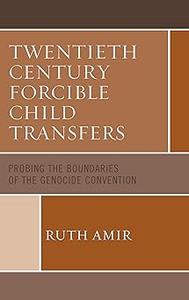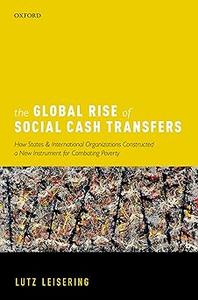
Free Download Private Intergenerational Transfers and Population Aging: The German Case By Dr. Erik Lüth (auth.)
2001 | 188 Pages | ISBN: 3790814024 | PDF | 4 MB
In the forthcoming decades the industrialized countries will experience a demographic transition that is unprecedented in history. While the transition’s impact on public pension schemes has extensively been examined, its implication for private intergenerational transfers has gone almost unnoticed by the literature. This study attempts to make up for that gap in the literature. It gives a comprehensive overview of private transfer patterns in Germany, extends the methodology of generational accounting to include private intergenerational transfers, and presents a computable general equilibrium model that for the first time allows to analyze various bequest motives in a unified framework.

